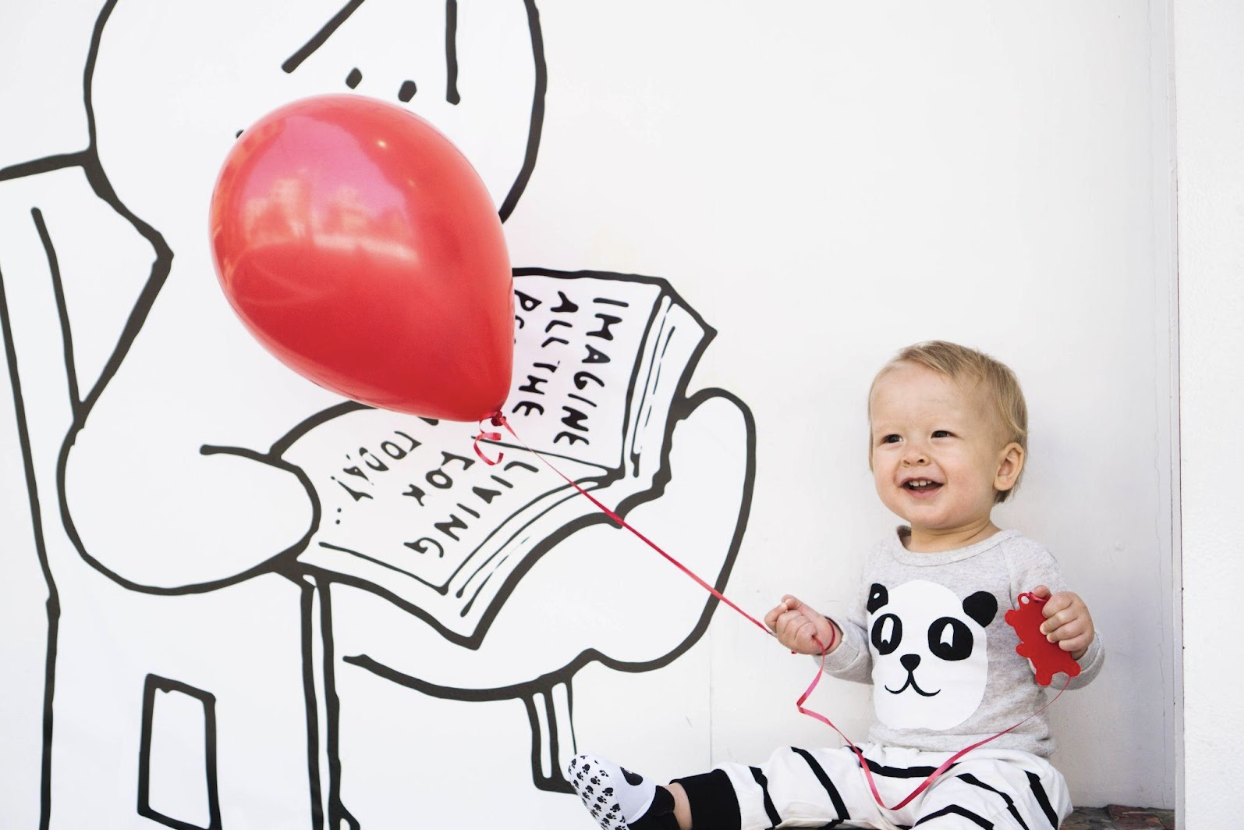
If you’ve grown up believing that school begins at age five, you are not alone. In traditional schools, children typically start kindergarten when they’re five years old and progress from there. But here in the Montessori world, school begins much sooner.
As early as two months old! In an infant classroom here at Austin Children’s Academy, trust that your infant will be loved, respected, and cared for just as they are at home, in a beautiful environment with tools they can use to explore their world.
What does an infant classroom look like at Austin Children’s Academy? Keep reading to find out.
How Do Infants Benefit from Montessori?
You might have heard of “sensitive periods” if you’ve done some reading about Montessori philosophy. These periods are when babies (and children) develop core skills and abilities and are apt to develop them more easily than during non-sensitive periods. While it’s still possible to learn such abilities during non-sensitive periods, it’s more difficult than during a sensitive period.
As infants experience the most sensitive periods, their minds are extremely absorbent. They need to learn pretty much every fundamental skill—all at one time!
In an infant classroom, a baby will learn to
- crawl,
- climb,
- walk,
- grab,
- hold,
- speak,
- understand words,
- recognize different sounds,
- discern shapes,
- find patterns, and
- understand spatial relations.
In an infant classroom, babies are provided with activities that suit their developmental stages in a conducive learning environment. Each infant gets gentle, personalized attention from their caregivers—such attention is crucial to nurturing their development.
Infant Curriculum at a Montessori School
Here are some things included in an infant classroom that make sure they reach their full potential and satisfy every developmental stage:
A Rich Environment
Within Montessori education, a child’s environment is just as important as the information they’re learning. Senses are important for infants, which is why an infant classroom offers plenty of opportunities for infants to absorb new sensory information. They are created with beautiful designs that capture babies’ attention and supply visual interest with new shapes, colors, and contrasts.
A Chance to Explore
Even though infants don’t have the same range of motion as older children, that doesn’t mean they want to explore any less. They are given the chance to explore their immediate environment and learn how to interact with the space around them.
For infants who can’t walk yet, this looks like tummy time and time spent on the floor. After infants become mobile, they can start working their way through tunnels and climbing areas in the classroom—exploration activities that also help them work on their gross motor movements.
Individual Lessons
You probably don’t need us to tell you that every baby is unique and there are no two that are exactly the same. That’s why individual, personalized lessons for an infant from a caregiver in a Montessori classroom are important.
Every baby will encounter different challenges at different points in their development and showcase different and unique abilities. Each baby has their own special personality, and this one-on-one time gives caregivers a chance to strengthen their bond with each unique infant and help them build their strengths and abilities.
Infants respond well to close attention from a dedicated adult who is focused solely on them and their development. Our guides understand each infant’s potential and their strengths, and this is also the best way to let an infant know they are safe and protected.
Finding Comfort in an Infant Classroom
Infants change every day by making big leaps and small steps, and each change is amazing to witness. A Montessori classroom nurtures infants by giving them the right environment, the right tools, and the right attention to become the fullest version of themselves. Montessori guides pay attention to the needs of each individual child and make sure each one is cared for in a way that makes sense for them.
In an infant classroom at a Montessori school, each and every infant will feel loved, respected, and safe—all the while learning hundreds (if not more) new things every single day.
If you’re interested in learning more about our infant program or you want to schedule a tour, get in touch with us at Austin Children’s Academy today.





















